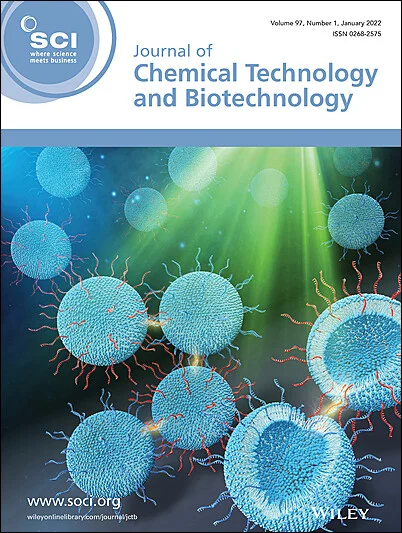Fabrication of an antifouling and acid/alkali-resistant sulfonated polyethersulfone (S-PES)/polysulfate (PSE) composite ultrafiltration membrane and its application in the desalination of ulinastatin
Abstract
BACKGROUND
An antifouling and acid/alkali-resistant sulfonated polyethersulfone (S-PES)/polysulfate (PSE) composite ultrafiltration (UF) membrane prepared via a nonsolvent-induced phase separation (NIPS) method was used for the purification of ulinastatin (UTI) as an examplar protein-based drug.
RESULT
The effect of the content of S-PES on the structure and UF performance of the S-PES/PSE composite UF membrane was investigated. The acid/alkaline resistance of the S-PES/PSE membranes was evaluated in the pH range 5–10 suitable for a UTI solution. UF desalination experiments were carried out on UTI elution collection solution, and the antifouling performance and long-term stability of S-PES/PSE composite UF membrane were evaluated. The results indicate that, for the optimal content of 4% S-PES, pure water flux increased from 120 to 726 L m−2 h−1, WCA decreased from 79.3° to 51.0°, and the rejection of UTI was 95.90% ± 1.1% compared to PSE. Compared with PES and PSF membranes, the flux recovery rate of the S-PES/PSE composite UF membrane was 80.63% (an increase of 32.48%), and the UTI adsorption was only 75.00 μg cm−2 (a decrease of 88.00%) after simulated antifouling experiments.
CONCLUSION
The S-PES/PSE composite UF membrane has excellent long-term stability, suggesting significant potential for application in the purification of protein-based drugs and in large-scale UTI purification. © 2024 Society of Chemical Industry (SCI).

 求助内容:
求助内容: 应助结果提醒方式:
应助结果提醒方式:


